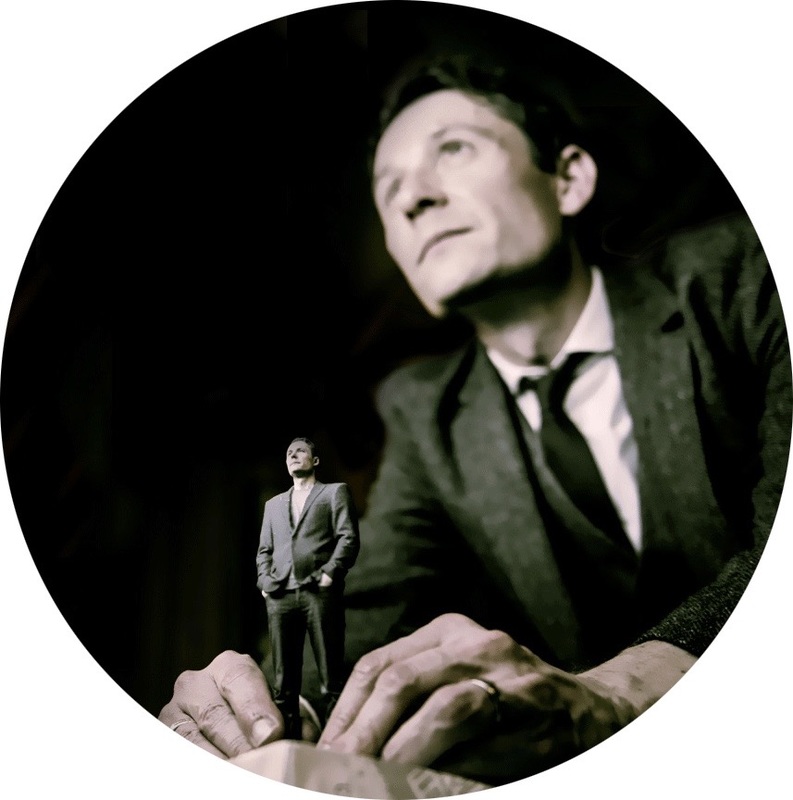|
The Manifesto for Teaching Online was conceived in 2011 by my colleagues within the Digital Education group at the University of Edinburgh. It set out to articulate a position - and provoke discussion - surrounding online education. My contribution to the original Manifesto was the preparation of a short home-made video that offered a visual representation of the twenty statements. I revisited and revised the video in 2013 with a closer attention to how the images could align with the messages that I felt the Manifesto was trying to convey.
Four years down the line I've been very glad to participate in the reconsideration and reconfiguration of a 2015 version of the Manifesto for Teaching Online. The notion of the remix features prominently - loudly! - in this new Manifesto.
Remixing digital content redefines authorship
One of the things that I like about the Manifesto is its intention to prompt discussion rather than dictate a set of hard-and-fast rules: we are encouraged to approach and interpret the statements in our own way. My own take on the 'Remixing' statement is as follows. The increasingly vast and varied amount of digitally-mediated content enables us to construct knowledge in new and exciting ways. At the same time we have access to a growing array of devices and other technologies that allow us to convey or re-shape what we draw from the growing body of digital content. This in turn pushes us to rethink what we understand by 'authorship' and 'composition' of scholarly work. To illustrate my point in a very basic way I've created this (very basic) animation:
Returning to my interpretation of the 'Remix' Manifesto statement, the digital content that I drew on within the animation features audio taken from two web-hosted video clips. This includes a seminar discussion on the subject of the 'digital city' featuring Mathias Fuchs from Leuphana University. I also introduced the voice of Kathleen Fitzpatrick, taken from a lecture she delivered on the subject of digital authorship, at Duke University. The music track is 'Scratched' by Etienne De Crecy (no explanation required). Listen carefully and you'll also hear the sound of needle static, previously downloaded from a sound effects archive and unearthed from my iTunes folder. The digital devices and technologies that I used to put the animation together meanwhile included my computer, an iPhone for the lazy recording of sound from the video clips, and then software in the form of PowerPoint, Photoshop and SoundStudio.
Perhaps more interesting than the animation itself is the questions that it asks about the way that the scholarly remix problematises conventional understandings of composition and authorship. For instance, how much of the animation is really my work? If there's any merit in the animation, how much of it is attributable to the technology? Is it ethical for me to have taken Mathias Fuchs' voice out of context? How would Kathleen Fitzpatrick feel about my manipulation of her voice with extra reverb? And, as Fitzpatrick points out herself (2011), how does this type of 'mash up' sit within existing guidelines surrounding plagiarism? In keeping with the ethos of the Manifesto, with an eye to encouraging reflection I won't try to answer the questions that I've drawn attention to here. I'll include some references though, just to be on the safe side.
De Crecy, E. (2000) Scratched. Tempovision [CD]. Paris. Disques Solid.
Fitzpatrick, K. (2011). The digital future of authorship: rethinking originality. www.culturemachine.net. 12: pp.1-26. 'Kathleen Fitzpatrick: "The Future of Authorship: Writing in the Digital Age"'(2011) YouTube video, added by FranklinCenterAtDuke [Online]. Available at https://www.youtube.com/watch?v=v4qq01Qskv0 (Accessed 24 October 2015) 'Mathias Fuchs - Remixing Digital Cities' [video] (2013) Transmedia.de. Available at at http://www.transmediale.de/content/presentation-mathias-fuchs-remixing-digital-cities (Accessed 24 October 2015)
0 Comments
Leave a Reply. |
Search categories
All
I am a Lecturer in Digital Education (Education Futures), within the Centre for Research in Digital Education at The University of Edinburgh.
@james858499 [email protected] |
